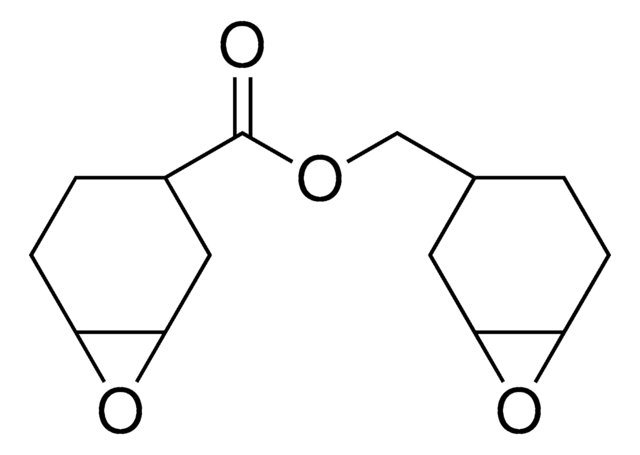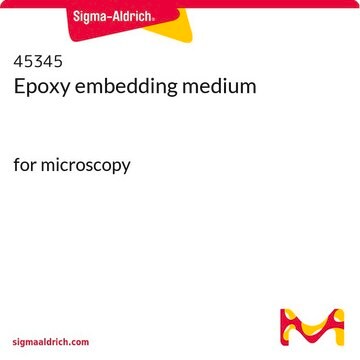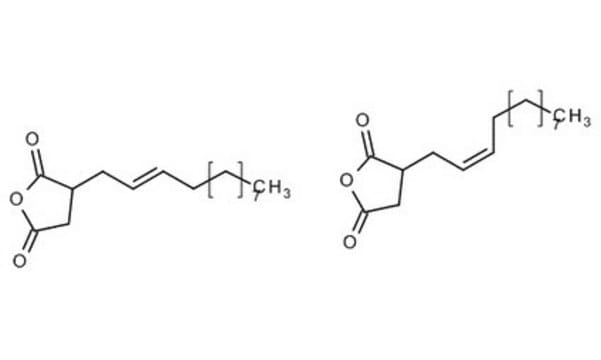235431
Methyl-5-norbornene-2,3-dicarboxylic anhydride
90%
Synonyme(s) :
Methyl nadic anhydride
About This Item
Produits recommandés
Densité de vapeur
6.1 (20 °C, vs air)
Pression de vapeur
5 mmHg ( 120 °C)
Pureté
90%
Forme
liquid
Indice de réfraction
n20/D 1.506 (lit.)
Densité
1.232 g/mL at 25 °C (lit.)
Chaîne SMILES
[H][C@]12C3CC(C(C)=C3)[C@@]1([H])C(=O)OC2=O
InChI
1S/C10H10O3/c1-10-6-3-2-5(4-6)7(10)8(11)13-9(10)12/h2-3,5-7H,4H2,1H3/t5-,6+,7+,10+/m0/s1
Clé InChI
LTVUCOSIZFEASK-MPXCPUAZSA-N
Vous recherchez des produits similaires ? Visite Guide de comparaison des produits
Application
- as curing agent in the preparation of vertically aligned and penetrated carbon nanotube/polymer film
- in the synthesis of methyl nadimides endcapped resins based on tris(3-aminophenyl)phosphine oxide
Mention d'avertissement
Danger
Mentions de danger
Classification des risques
Acute Tox. 4 Oral - Resp. Sens. 1 - Skin Corr. 1C - Skin Sens. 1
Code de la classe de stockage
8A - Combustible corrosive hazardous materials
Classe de danger pour l'eau (WGK)
WGK 1
Point d'éclair (°F)
275.0 °F
Point d'éclair (°C)
135 °C
Équipement de protection individuelle
Faceshields, Gloves, Goggles, type ABEK (EN14387) respirator filter
Certificats d'analyse (COA)
Recherchez un Certificats d'analyse (COA) en saisissant le numéro de lot du produit. Les numéros de lot figurent sur l'étiquette du produit après les mots "Lot" ou "Batch".
Déjà en possession de ce produit ?
Retrouvez la documentation relative aux produits que vous avez récemment achetés dans la Bibliothèque de documents.
Les clients ont également consulté
Notre équipe de scientifiques dispose d'une expérience dans tous les secteurs de la recherche, notamment en sciences de la vie, science des matériaux, synthèse chimique, chromatographie, analyse et dans de nombreux autres domaines..
Contacter notre Service technique
















